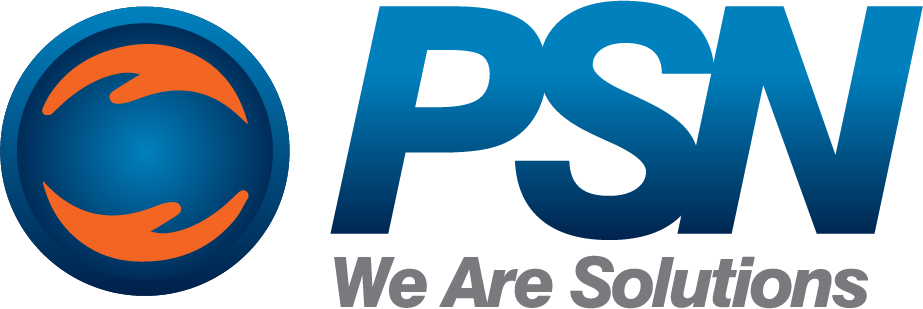The nurse seeking employment in today’s job market must realize the hiring process is competitive. The nurse seeking employment is competing against other qualified nurses and in a sense, against technology. Nurses must now submit resumes and applications electronically. These resumes and applications are sorted, ranked and pre-qualified by computer systems based on keywords that appear in the documents. Therefore a well-written resume is essential.
Resume and cover letter
Remember your resume is your prospective employer’s first look at you. Create a good impression. Make sure the skills needed for the job are supported by the job descriptions you provide. It would be a mistake to assume the hiring manager is familiar with your particular job. Spell it out clearly. Translate how a former job is a good fit for the one you are seeking. Create a better impression with a polished cover letter, specific for the job to which you are applying. Don’t address the cover letter To Whom It May Concern. Take the trouble to learn the hiring manager’s name. Also use the cover letter and the interview to fill in gaps, even if you are not asked. Avoid filling in these gaps in the resume with “Put career on hold to raise family”, “domestic engineer”. That may be fine in a coffee clache but doesn’t fit with a professional profile.
Develop the necessary skills
The current nursing environment is technology-based. Become familiar with software programs such as Microsoft Word, use of spreadsheets, Powerpoint presentations and Microsoft Outlook. If you are unfamiliar with technology, sign up for non-credit classes at the local community college or ask friends or relatives to show you how. Volunteer in a local facility in order to learn how to use electronic record keeping. Acquire these skills prior to contacting the company. Even the hiring process involves technology. It is likely you will be required to email, scan and convert documents into electronic files to return to the employer. Days of faxing or mailing documents are waning. In fact, requesting to fax documents is a red flag that the candidate is from the old school.
The interview
Be on time for the interview. Dress for success in neat, conservative business attire. Minimize jewelry and cover tatoos. Keep hairstyle conservative and do not play with hair or jewelry during the interview.Be enthusiastic but let the recruiter control the pace and tempo of the interview. Keep your answers clear and concise. Be helpful with your explanations, but when you have answered the question fully, stop. Silence is acceptable and does not have to be filled with unnecessary talking. Graciously answer awkward or challenging questions without adopting a defensive posture. There may be a purpose in this line of questioning. Candidates who bristle may not move beyond the initial interview. Have the right attitude. Too much confidence may come across as arrogance. Don’t lie and avoid speaking badly about previous employers or colleagues. The only exception to the no snail mail rule may relate to the thank you note. Be sure to send one to the interviewer in order to demonstrate that you value the interviewer’s time and effort; also, it will demonstrate your continued interest in the job.
Sources:
Ashurst, A. (2010).Moving on up: Career prospects for registered nurses. Nursing & Residential Care, 12(8), 400-402.
Gaddis, S. (2009). Your nursing career: 10 tips for perfecting a nursing interview. Tar Heel Nurse, (April-May), 6-7.
Thomson, H. (2007). Tipped for the top.Nursing Management, 14(2), 16-18.
Professional Services Network, Inc. (PSN) works with clients nationwide in the search and recruitment of experienced healthcare professionals in managed care and clinical roles for temporary assignments and direct hire opportunities. Additionally, PSN’s consultants work with organizations and providers seeking accreditation or re-accreditation with URAC or NCQA. For additional information regarding our services contact us at 301-460-4089 or email us at [email protected].





